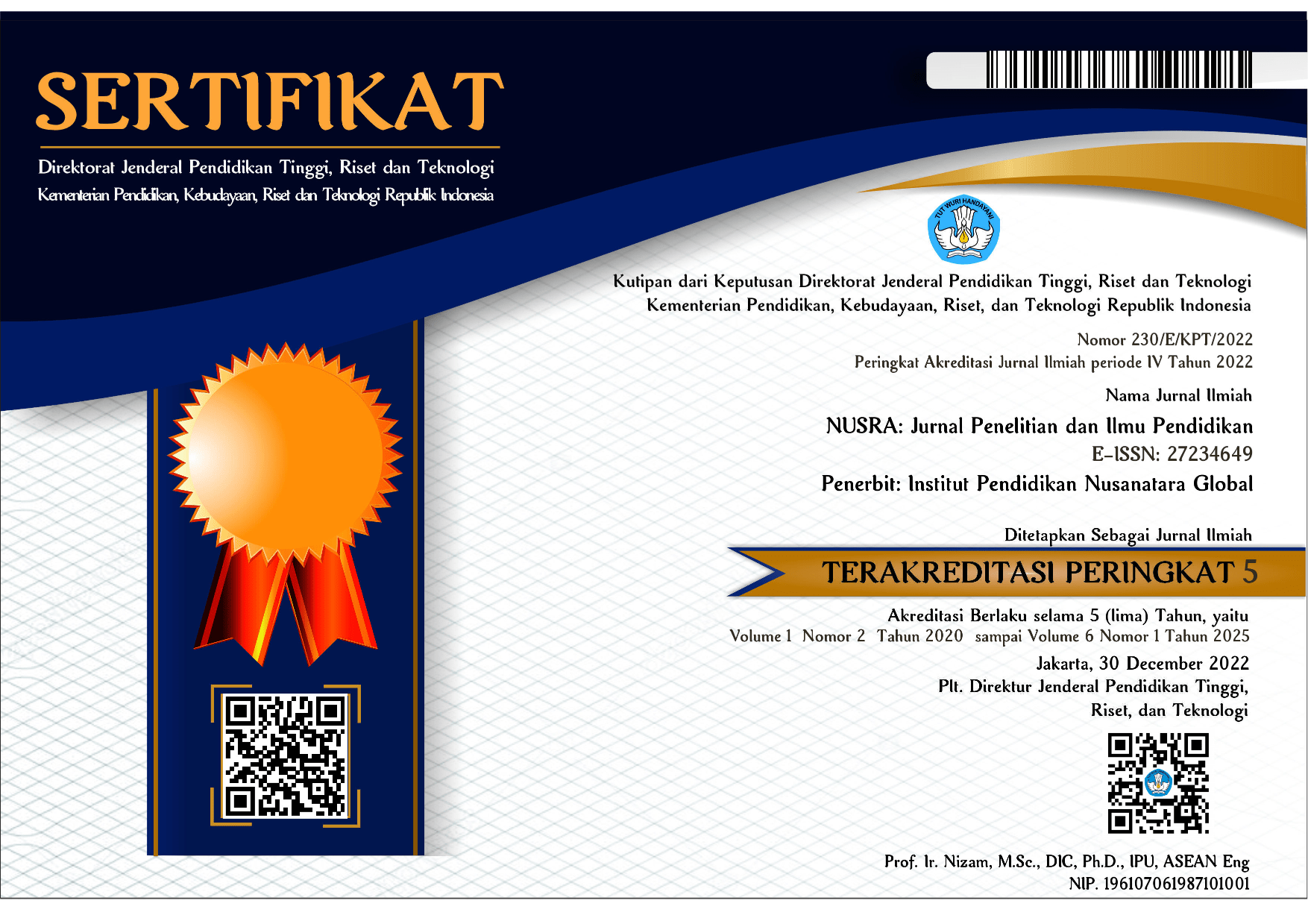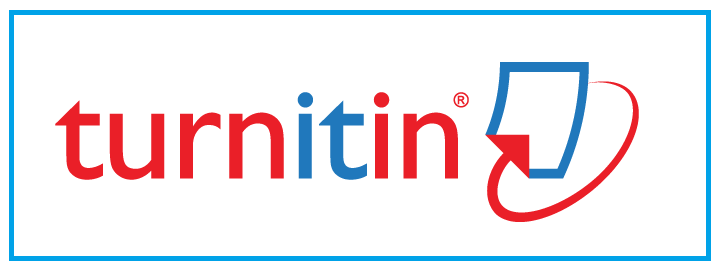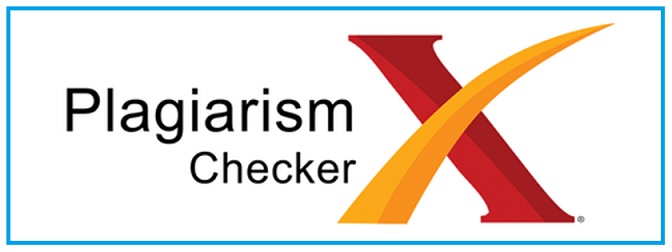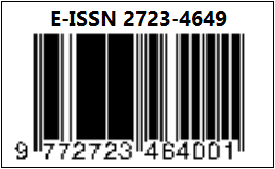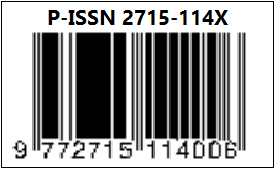Implementasi Kurikulum Merdeka Belajar Pada Program Pendidikan Kesetaraan
DOI:
https://doi.org/10.55681/nusra.v5i2.2648Keywords:
Implementation of the Merdeka Belajar Curriculum, Package C, PKBMAbstract
The "Merdeka Belajar" curriculum is a project-based learning curriculum aimed at developing the Pancasila student profile, focusing more on essential material and character development of the students. This study aims to identify and describe: 1) the implementation of the "Merdeka" curriculum, 2) the problems encountered, and 3) the efforts to overcome the problems faced in the implementation of the "Merdeka Belajar" curriculum in the equivalency education program for package C class X at PKBM Citra Ilmu, Semarang Regency. The research was conducted using a qualitative descriptive method, with informants including the PKBM manager, 2 tutors, and 2 learning residents. Data collection methods involved observation, interviews, and documentation. Data validity was tested using source and technique triangulation. Data analysis techniques included stages of data collection, data reduction, data presentation, and conclusion drawing. The results of the study indicate that the implementation of the "Merdeka Belajar" curriculum in the equivalency education program for package C class X has been quite good, starting from planning, implementation, to evaluation. The problems encountered in the implementation of the "Merdeka" curriculum include low participation from learning residents, suboptimal differentiation implementation, and inadequate facilities. Efforts made to address these problems include providing motivation to learning residents, conducting workshops and in-house training, and maximizing the existing facilities. This study explores the implementation of the "Merdeka" curriculum in the context of package C equivalency education, which has not been widely researched previously.
Downloads
References
Ahmad, A., Madani, F., Ishaq, M., Purwito, L., & Permata Sari, R. (2022). Evaluasi Kebijakan Merdeka Belajar Pada Satuan Pendidikan Nonformal. Aksara: Jurnal Ilmu Pendidikan Nonformal, 8(2), 1143.
Alfiati, D. A., & Kisworo, B. (2017). Manajemen Pelatihan Praseleksi Program Pemagangan Ke Jepang di Lembaga Pelatihan Kerja Jiritsu. Jurnal Pendidikan Dan Pemberdayaan Masyarakat (JPPM), 4(2), 101–118.
Alhamuddin, Fanani, A., Yasin, I., & Murniati, A. (2020). Politics of Education in Curriculum Development Policy in Indonesia from 1947 to 2013: A Documentary Research. Jurnal Pendidikan Islam, 9(1), 29–56.
Anwar, R. (2014). Hal-Hal yang Mendasari Penerapan Kurikulum 2013. Humaniora, 5(1), 97.
Arbarini, M., Ilyas, I., Kisworo, B., Malik, A., & Siswanto, Y. (2022). Pelatihan Ecoprinting Berbasis Participatory Learning and Action upaya Mewujudkan Sustainable Development Goals. Dikmas: Jurnal Pendidikan Masyarakat dan Pengabdian, 2(3), 857-866.
Azaniah Sofia, S., & Basri, W. (2023). Implementasi Pembelajaran Sejarah Berdasarkan Kurikulum Merdeka di SMAN 2 Padang. Widya Winayata : Jurnal Pendidikan Sejarah, 11(1), 26–41.
Azkiya, S. (2023). Implementasi Kurikulum Merdeka Pada Mata Pelajaran PAI dan Budi Pekerti Di SMA Negeri 29 Jakarta. In UIN Syarif Hidayatullah. UIN Syarif Hidayatulloh.
Badan Standar Kurikulum Dan Asesmen Kementerian Pendidikan Kebudayaan Riset Dan Teknologi Republik Indonesia. (2022). Panduan Pembelajaran dan Asesmen Pendidikan Anak Usia Dini, Pendidikan Dasar, dan Menengah. In Badan Standar, Kurikulum, Dan Asesmen Pendidikan Kementerian Pendidikan, Kebudayaan, Riset, Dan Teknologi Republik Indonesia. Kemendikbudristek.
Betancourt-Odio, M. A., Sartor-Harada, A., Ulloa-Guerra, O., & Azevedo-Gomes, J. (2021). Self-perceptions on digital competences for M-learning and education sustainability: A study with teachers from different countries. Sustainability (Switzerland), 13(1), 1–12.
Brevik, L. M., Gunnulfsen, A. E., & Renzulli, J. S. (2018). Student teachers’ practice and experience with differentiated instruction for students with higher learning potential. Teaching and Teacher Education, 71, 34–45.
Creswell, J. W. (2016). Research Design Pendekatan Metode Kuantitatif dan Campuran Edisi Keempat.
Dewi, M. R. (2022). Kelebihan dan kekurangan Project-based Learning untuk penguatan Profil Pelajar Pancasila Kurikulum Merdeka. Inovasi Kurikulum, 19(2), 213–226.
Engzell, P., Frey, A., & Verhagen, M. D. (2021). Learning loss due to school closures during the COVID-19 pandemic. Proceedings of the National Academy of Sciences of the United States of America, 118(17).
Gouëdard, P., Pont, B., & Viennet, R. (2020). 8E95F977-En. OECD Education Working Papers, 12(224), 1–45.
Ima Frima Fatimah. (2021). Strategi Inovasi Kurikulum. EduTeach : Jurnal Edukasi dan Teknologi Pembelajaran, 2(1), 16–30.
Kemendikbudristek. (2022). Tahapan Implementasi Kurikulum Merdeka di Satuan Pendidikan.
Lisnawati, L. (2023). Implementasi Kurikulum Merdeka Belajar Melalui Muatan Lokal Seni Musik Pada Program Pendidikan Kesetaraan di PKBM Al Kahfi Kota Serang. Jurnal Pendidikan UNIGA, 17(1), 716.
Marjuni. (2021). Alternasi Merdeka Belajar di Satuan Pendidikan Nonformal Sanggar Kegiatan Belajar 1 Tanah Datar.
Milojevic-Dupont, N., & Creutzig, F. (2021). Machine learning for geographically differentiated climate change mitigation in urban areas. Sustainable Cities and Society, 64(September 2020), 102526.
Moleong, L. J. (2019). Metode Penelitian Kualitatif (38 ed.). PT Remaja Rosdakarya.
Naibaho, D. P. (2023). Strategi Pembelajaran Berdiferensiasi Mampu Meningkatkan Pemahaman Belajar Peserta Didik. Journal of Applied Physics, 63(9), 4776–4776.
Nurlaeli, N., Fitriana, F., & Arifin, B. (2021). Merdeka Belajar Dalam Perspektif Pendidikan Islam Dan Implementasinya Di Smk Islam Insan Mulia. Jurnal Kajian Islam dan Pendidikan Tadarus Tarbawy, 3(2), 393–404.
Permendikbud. (2022). Permendikbud Nomor 16 Tahun 2022 Tentang Standar Proses Pendidikan. 4–5.
Raharjo, T. J., Suminar, T., & Muarifuddin. (2017). Peran Pusat Kegiatan Belajar Masyarakat Dalam Menanggulangi Kemiskinan Peran Pusat Kegiatan Belajar Masyarakat Dalam Menanggulangi. Journal of Nonformal Education, 2(1), 21–38.
Ratten, V. (2023). The post COVID-19 pandemic era: Changes in teaching and learning methods for management educators. International Journal of Management Education, 21(2), 100777.
Rukajat, A. (2018). Pendekatan Penelitian Kualitatif (1 ed.). Deepublish.
Samsudduha, A. (2023). Implementasi Kurikulum merdeka Belajar di SMA Negeri 1 Tanjung Jabung Timur.
Sanjaya, W. (2008). Perencanaan dan Desain Sistem Pembelajaran. Kencana.
Sastropoetro, S. (1986). Partisipasi, Komunikasi, Persuasi dan Disiplin dalam Pembangunan Nasional.
Shofwan, I., Aminatun, S., Handoyo, E., & Kariadi, M. T. (2021). The Effect of E-Learning on Students’ Learning Interest in the Equivalence Education Program. Journal of Nonformal Education, 7(1), 103–111.
Sitinjak, T. (2023). Analysis of Learning Motivation in the Implementation of “Kurikulum Merdeka Belajar Paket C” at PKBM Azizi Medan. Indonesian Journal of Advanced Research, 2(5), 335–348.
Sugiyono. (2015). Metode Penelitian Kuantitatif, Kualitatif, dan R&D.
Wannesia, B., Rahmawati, F., & Azzahroh, F. (2022). Inovasi Pembelajaran Kurikulum Merdeka Belajar Di Era Society 5.0. Jurnal Penelitian dalam Bidang Pendidikan dan Pengajaran, 16(2), 232–234.
Downloads
Published
How to Cite
Issue
Section
License
Copyright (c) 2024 Azka Nafiurrohmah, Ilyas

This work is licensed under a Creative Commons Attribution-ShareAlike 4.0 International License.


